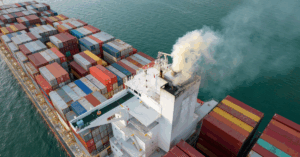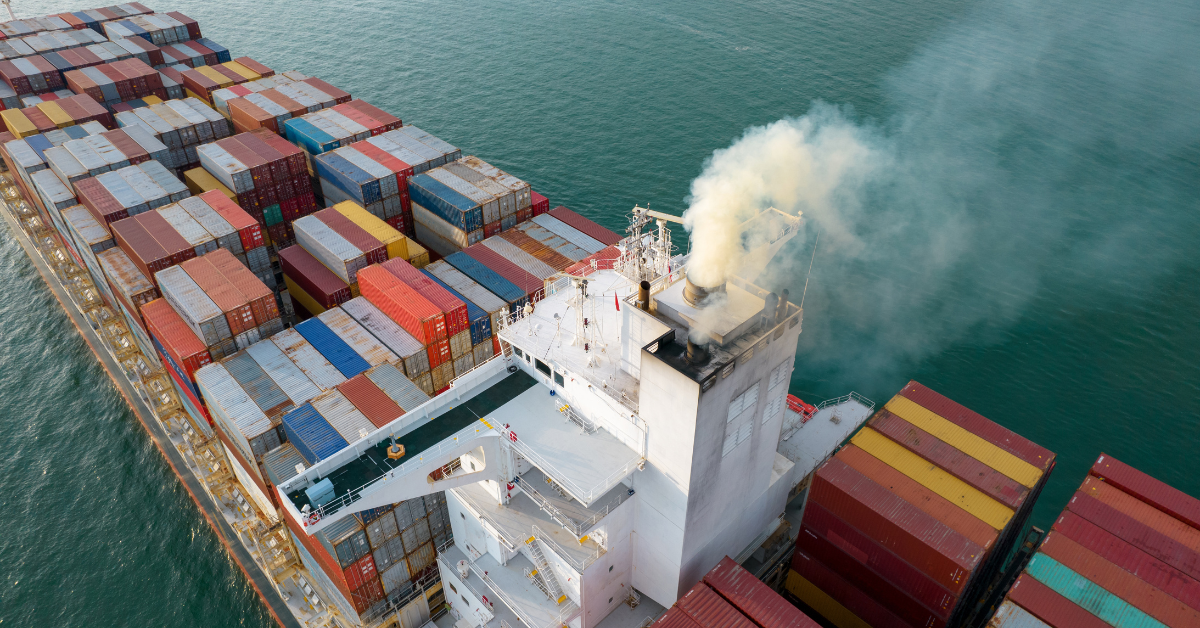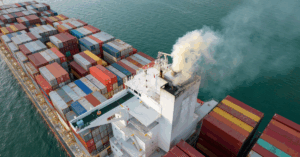
First Tanker To Export Crude Oil To U.S. Under New License Docks In Venezuela
August 13, 2025
DARPA Christens First U.S. Navy Ship Built To Sail Without A Crew
August 13, 2025

The United States has formally rejected a proposal by the International Maritime Organization (IMO) to cut greenhouse gas emissions from global shipping to net zero and has warned it could retaliate against countries that support the measure.
The warning came in a joint statement on Tuesday from Secretary of State Marco Rubio, Commerce Secretary Howard Lutnick, Energy Secretary Chris Wright, and Transportation Secretary Sean Duffy. The statement was issued ahead of an October vote at the United Nations’ shipping agency to decide whether to adopt the “Net-Zero Framework.”
According to the Trump administration, the plan would increase costs for US citizens, energy providers, shipping companies, their customers, and tourists. The officials said that Washington would seek support from other IMO members to oppose the measure and would not hesitate to take counteractions to protect American interests if the plan moves forward.
The US, one of the IMO’s 176 member states, withdrew from negotiations on the net-zero plan in April. At that time, it sent a memo urging other nations to reconsider their support. In April, IMO member states approved the framework in a simple-majority vote, with 63 countries – including China, Brazil, and European Union nations – voting in favour, and 16 countries opposing it.
The upcoming October vote will require a two-thirds majority from the 108 member states that ratified the legislation. IMO rules state that formal voting is only used when members cannot reach consensus.
The proposal forms part of the global effort to reduce climate impacts from the shipping sector. Ocean vessels carry about 80% of the world’s trade and account for nearly 3% of total carbon dioxide emissions. The industry has been under increasing pressure from environmental groups and investors to take stronger climate action, with suggestions such as a carbon levy on fossil fuels.
Many large shipping companies have already committed to achieving net-zero operations by 2050. Several industry groups representing these companies have shown support for the IMO framework but are seeking incentives to offset the higher costs of green fuels. Proposals include charging fees on polluting fossil fuels to help fund the transition.
At the same time, the US is participating in United Nations negotiations for a global treaty to reduce plastic pollution. However, it has told other nations it will not support a deal that sets binding caps on plastic waste or bans certain chemicals.
References: reuters, channelnewsasia
Source: Maritime Shipping News


